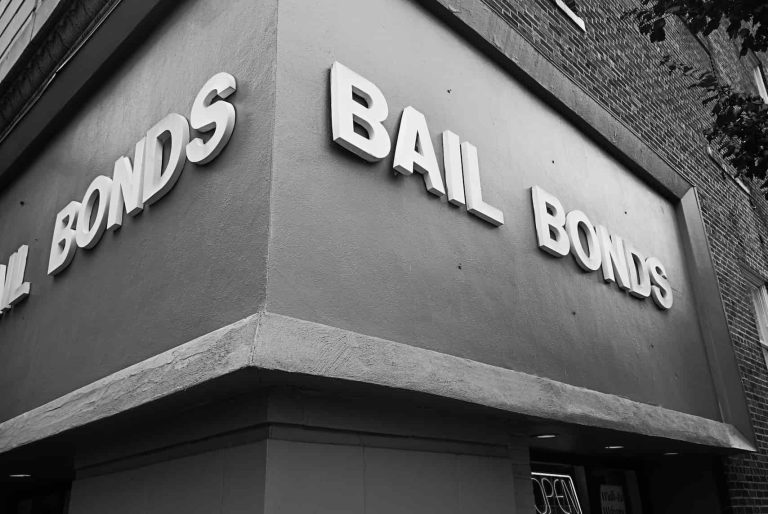Getting a bail bond can be confusing, so it’s important to understand what to expect. Here are a few tips to help you get started:
The first step is to call a bail bond agent and give them the defendant’s full name, their booking number, and the charges they’re accused of. They may also ask for extra information, such as where the person is detained.
Collateral
Collateral is the property or other valuables you submit in place of cash to secure a bond. This can include real estate, cars, jewelry, etc.
In the bail bond industry, collateral is commonly used to help people who are low on cash and need more sources to secure their release. It can also reduce the risk of the accused skipping bail, so the bondsman has a better chance of returning their money when they appear in court.
Property is the most common type of collateral, especially for homes, farms, and vacation property. Bail agents generally accept this type of collateral if it has sufficient equity and no liens or mortgages.
Fees
When a defendant is arrested, they are usually given a hearing date and a set amount for their bail. They can then pay this amount in cash or with a bail bond agency.
Erie county bail bonds are a way to get a defendant out of jail without having to put any personal money on the line. This is a good option for people who cannot afford to make the full bail payment but want to be free while waiting for their court dates.
The fees to get a bail bond to vary by state. In New York, for example, there are for-profit companies that charge a fee of around 10% of the bail to post the bond.
The person paying for the bond should keep a receipt to get their money back when the case ends. The court will deduct fines and fees before returning the money if they cannot do this.
Time Frame
How long it takes to get a bail bond depends on several factors. The jail’s resources, the traffic situation, and how busy the jail is all affect how quickly the bail process can be completed.
Getting your loved one out of jail often involves a lot of paperwork and can take a long time to complete. Depending on your available information, completing all the necessary documents could take between 20 minutes to a few hours.
A surety, usually a friend or family member, agrees to post the full amount of the bail on behalf of the defendant. This person can either pay the entire bond in cash or collect funds from others to post it on their behalf.
The surety’s responsibility is to ensure the defendant makes all their court appearances. If the defendant does not, the surety can lose any collateral they have provided and impose additional penalties on them.
Legalities
There are a lot of legalities involved in getting a bail bond. It is important to be aware of them to protect yourself and your loved ones.
A bond is a financial agreement between a judge and a defendant to secure their temporary release until the court case can be finalized. It has specific terms and conditions that are taken very seriously if violated.
The bond is usually paid by the defendant or their friends and family. It can be a cash deposit of around 10%, or they can put up collateral that the courts will take over at the end of the case.
If the accused person fails to show up on their court dates, they will forfeit all of the money and collateral paid for them. This is why it is so important that they appear in court and everyone works together to ensure the process goes smoothly.

